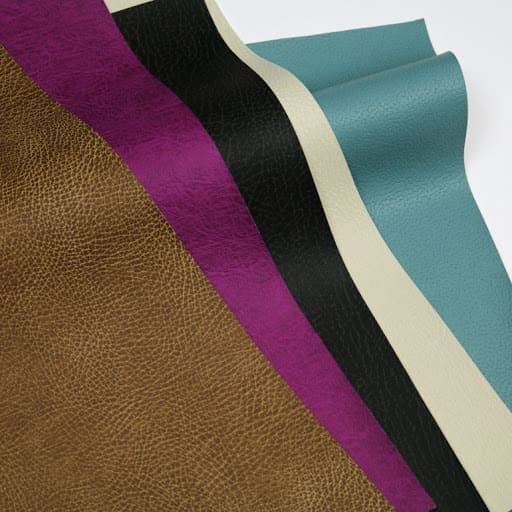The Vegan Society, a British nonprofit, has released a new research titled “The Rise of Vegan Fashion,” which underlines the growing relevance of leather substitutes in the fashion industry. What was the primary takeaway for us? Over 70% of the 1,000 buyers polled said they would be willing to spend more money on plant-based leathers rather than animal-derived leathers, indicating a thriving market.
Neiman Marcus and Canada Goose are the latest ones to ban fur from their collections, joining brands such as Prada, Gucci or H&M. With a 43 per cent increase year-on-year in products described as ‘vegan’ in the UK, fashion companies are increasingly looking for animal-free alternatives to leather and suede. Only 37 per cent of people believe leather coming from cows is cruel and almost 60 per cent believe skins coming from exotic animals are cruel, according to The Vegan Society. As little as 34 per cent think plant-based leather is ethical – yet many brands are already using it in their products. ASDA has been the first supermarket to introduce vegan fashion products to the market.
The Vegan Society’s report revealed that almost 50 per cent of the customers surveyed want to see more vegan verified fashion across all clothing categories. The Vegan Trademark has been around since 1990 and credits products that are entirely free from animal ingredients. A lot of processes and materials used to conceive fashion items contain animal elements without consumers even being aware.
As little as 34 per cent of people think plant-based leather is ethical, according to The Vegan Society. ASDA has been the first supermarket to introduce vegan fashion products to the market. Piñatex is made from waste pineapple leaf fibres and is now used by Hugo Boss. Mushroom, cactus and apple leathers are all becoming increasingly popular alternatives to animal-based materials.

